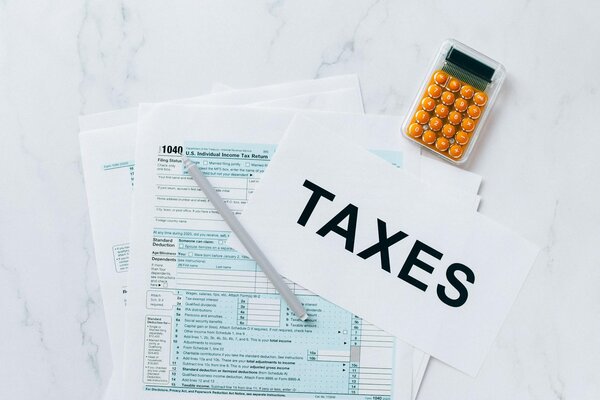
As the UK navigates economic recovery, the Labour Party faces internal debates over fiscal strategies. Prime Minister Keir Starmer emphasses economic growth without increasing taxes, while Deputy Prime Minister Angela Rayner advocates for targeted tax hikes to fund public services.
Starmer's Emphasis on Growth
Prime Minister Keir Starmer has publicly stated that the UK "cannot tax its way to growth," highlighting the need for economic expansion over increased taxation. This stance aims to reassure businesses and high earners concerned about potential tax hikes.
Rayner's Advocacy for Tax Increases
Contrasting with Starmer, Deputy PM Angela Rayner has proposed significant tax increases, including reinstating the £1 million pensions lifetime allowance and raising the corporation tax rate for banks from 28% to 30%. These measures aim to generate £3–£4 billion annually to support public services.
Chancellor Reeves' Fiscal Challenges
Chancellor Rachel Reeves faces the challenge of balancing fiscal discipline with the need for public investment. With limited fiscal headroom and rising government debt servicing costs, Reeves has opted for spending cuts over tax increases in recent budgets.

Public and Political Reactions
Labour's internal debates have led to public confusion regarding the party's fiscal policies. The mixed messages on taxation and spending have raised questions about policy coherence and effectiveness.
Upcoming Spending Review
The Labour government is preparing for a spending review on June 11, with ministers advocating for increased funding in areas like housing, policing, education, and green energy. Chancellor Reeves must navigate these demands while maintaining fiscal responsibility.
Potential Policy Shifts
As economic forecasts evolve, the Labour Party may need to adjust its fiscal strategies. The tension between promoting growth and ensuring adequate public funding continues to shape internal debates and policy decisions.


Fun Fact
Rachel Reeves made history in October 2024 by becoming the first woman to deliver a UK budget as Chancellor of the Exchequer. Her budget introduced significant tax changes, marking a notable moment in the country's fiscal history.
Conclusion
The Labour Party's internal discussions reflect the complexities of managing economic growth and public funding. Balancing these priorities remains a central challenge for the government.
Frequently Asked Questions
What is Prime Minister Keir Starmer's stance on taxation?
Prime Minister Starmer believes that the UK cannot achieve economic growth through increased taxation and emphasizes the need for policies that stimulate growth without raising taxes.
What tax changes has Angela Rayner proposed?
Deputy PM Rayner has suggested reinstating the £1 million pensions lifetime allowance, increasing the corporation tax rate for banks, and eliminating certain tax reliefs to generate additional revenue for public services.
How has Chancellor Rachel Reeves approached fiscal policy?
Chancellor Reeves has focused on maintaining fiscal discipline by implementing spending cuts and avoiding further tax increases, despite internal party pressures for more public investment.
What challenges does the Labour Party face regarding fiscal policy?
The party must balance the need for economic growth with demands for increased public spending, all while managing limited fiscal resources and internal disagreements on the best approach.
When is the next significant fiscal event for the Labour government?
The Labour government is preparing for a spending review on June 11, which will address funding allocations for various public sectors amid ongoing fiscal debates.











